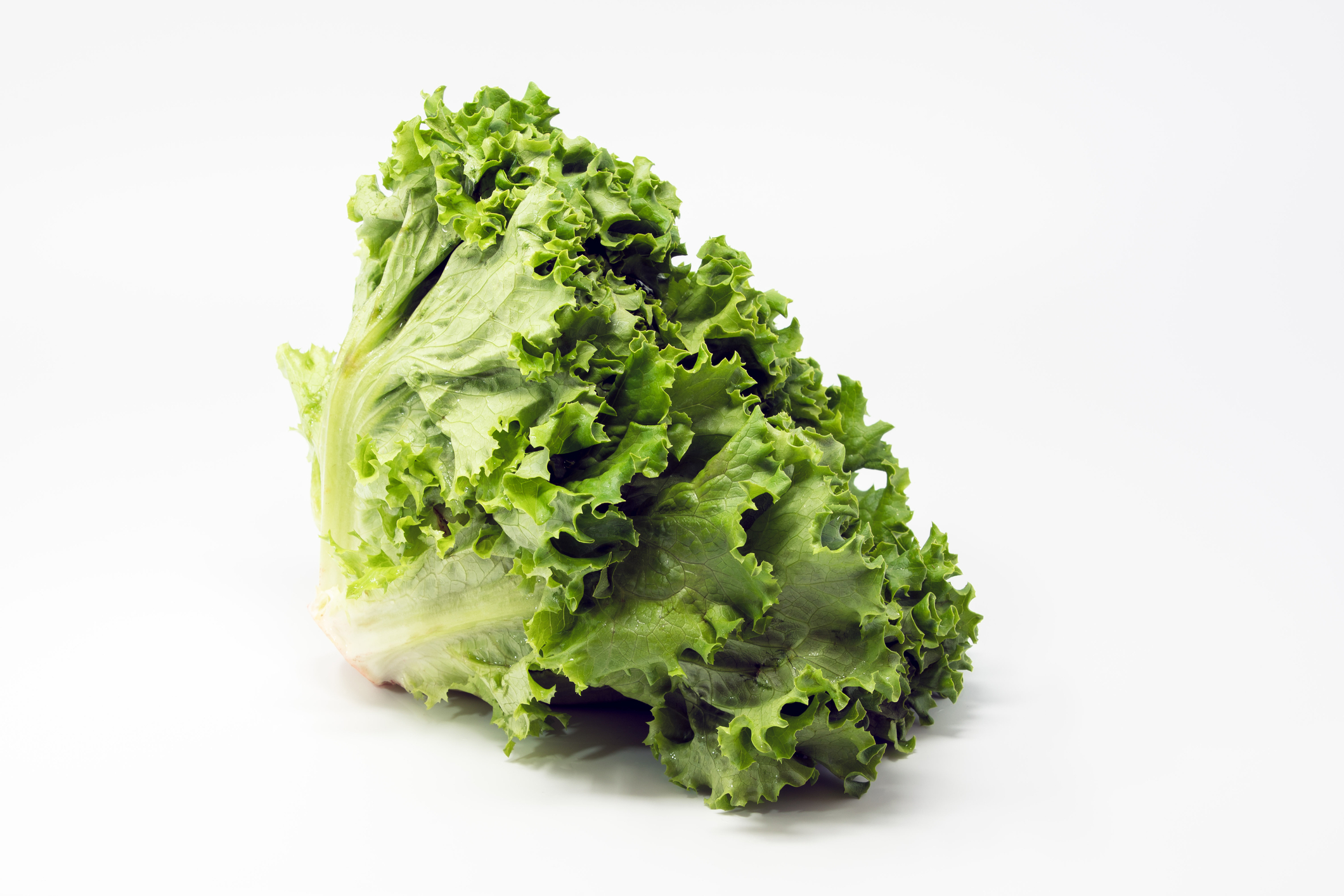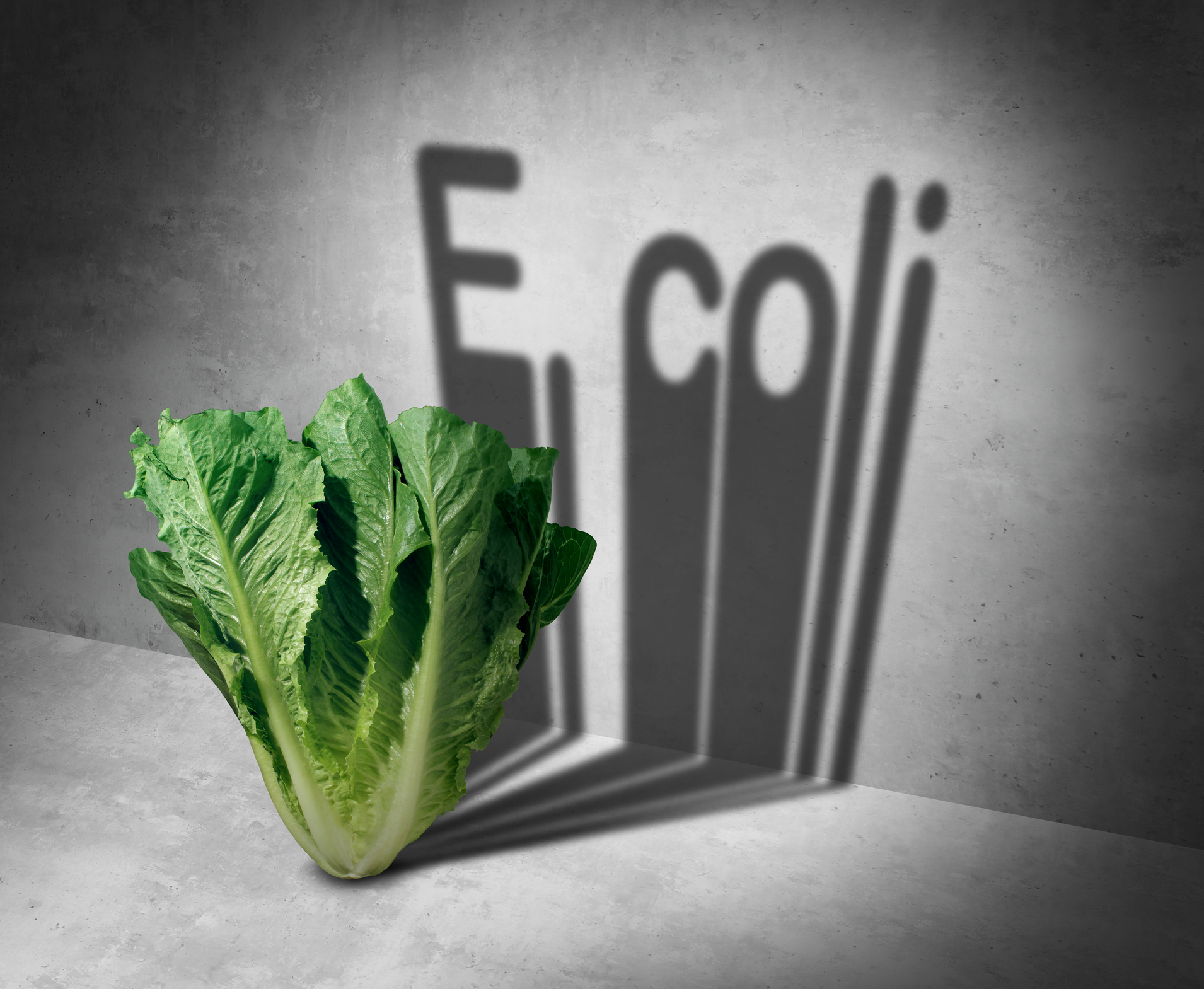Guide To Understanding E. Coli And Preventing An Outbreak
With a severe E.coli infection running rampant throughout thirteen states due to contaminated romaine lettuce and possibly other leafy greens, the public is being advised to stay away from this vegetable as much as possible by U.S. and Canadian health officials. However, what exactly is an E.coli infection anyway, and how does it affect the body? What are the different methods available to prevent infection, and how do we keep it from spreading?
The National Outbreak

The Food and Drug Administration, Centres for Disease Control and Prevention (CDC), and Consumer Reports have confirmed fifty-eight people sick in the U.S. and Canada, with one fatality so far. The Public Health Agency of Canada has confirmed romaine lettuce is the cause of the outbreak north of the border, with the CDC in the U.S. still unable to determine the source of their outbreak and are not advising the public to avoid certain foods.
Food cooked thoroughly usually kills foodborne bacteria such as E.coli. However, romaine lettuce is often not cooked as it is a staple in raw dishes such as salads and sandwiches. Thus, Consumer Reports are advising the public to be cautious of foods ingested raw. With this national crisis on the rise, it begs what is E.coli and how does it spread?
What Is E.Coli?

E.coli is a form of bacteria that naturally lives in the intestines of people and animals. However, specific types of E.coli, such as E.coli O157:H7, the type of infection currently sweeping across the nation, can cause intestinal infection. E. coli O157:H7 and other strains of the bacteria that result in intestinal infection are called ‘Shiga toxin-producing E.coli (STEC), which is a toxin damaging to the lining of the intestine. E.coli O157:H7 can make an individual incredibly sick and can cause abdominal cramps, vomiting, diarrhea, and even acute kidney failure in children. What are some of the symptoms to look for if an individual believes they are suffering from an E.coli infection?
